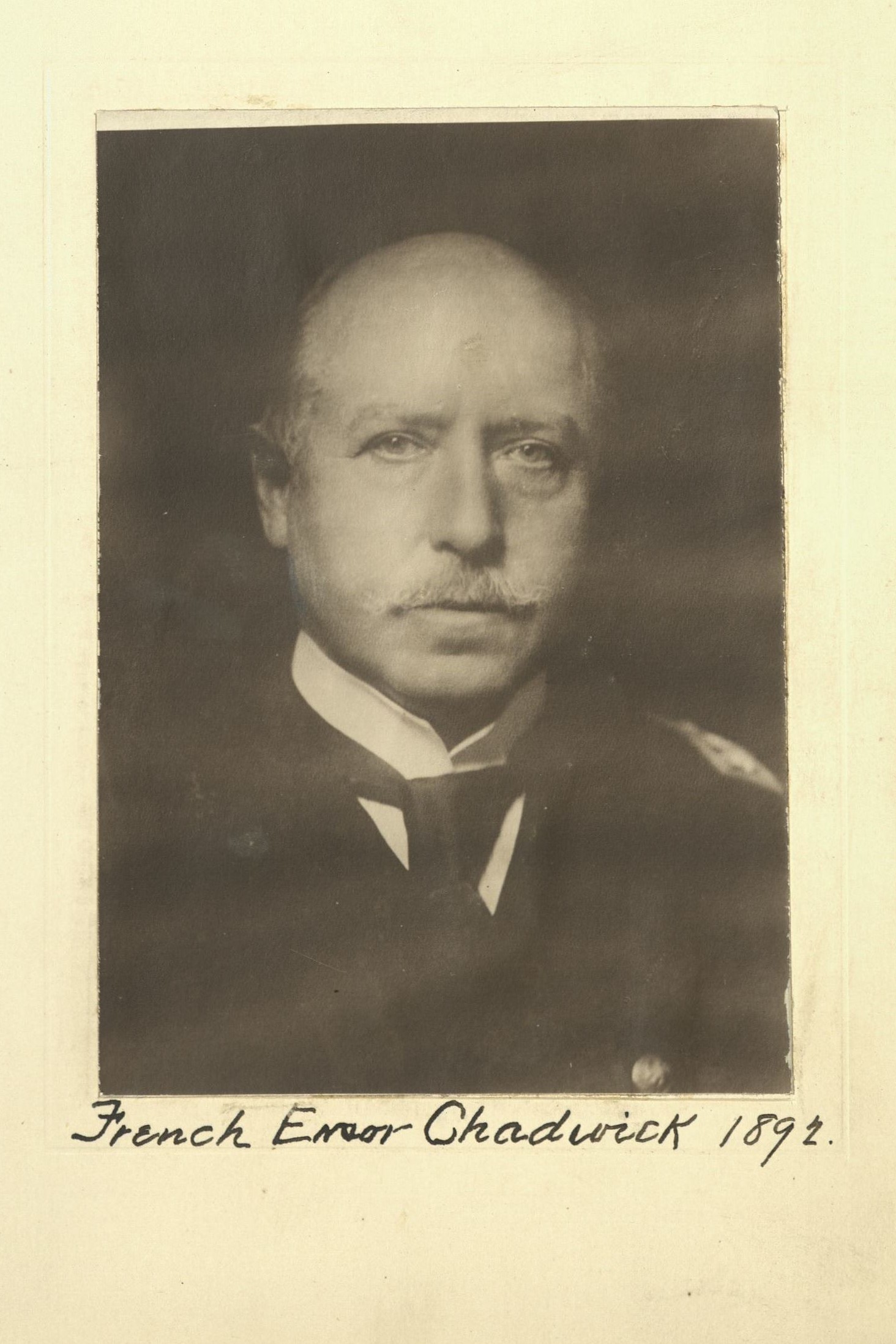Member Directory,
1847 - 1922
Frank J. Sprague
Electrical Engineer
Centurion, 1911–1934
Lewis B. Stillwell and French E. Chadwick
Milford, Connecticut
New York (Manhattan), New York
Age fifty-three
Arlington, Virginia

Century Memorial
In 1929 we used to be told that American inventions ensured uninterrupted future prosperity. In 1933 the inventor began to be discussed by our self-styled “technocrats” as a public menace. Solemn philosophers suggested that government might presently have to suppress labor-saving discoveries. If Frank Julian Sprague could have been thus warned off the national premises a generation ago, our streets might still be equipped with horse-cars, and employment thereby be facilitated—as it doubtless would have been if official censors had suppressed the telephone and protected the rights of messenger boys in conducting communication.
Sprague in the field of electric traction, like Carty in the domain of the telephone, was troubled by none of these scruples of disordered contemporary minds. Sprague was another of those born inventors who was never content until he had mastered the last possibility of his craft. It was forty-six years ago that he produced and installed the first electric trolley car, with results which revolutionized street-railway and subway transportation and are today gradually revolutionizing the steam-railway systems. Nearly forty years ago he invented the multiple-unit mechanism of train operation; without it, our long subway trains would have been impossible. A dozen important industries have been speeded up in capacity for quick production by his series of inventions; for Sprague was one of those masters of natural forces whose achievement was not merely ingenuity in applying science to the every-day use of the community, but in looking forward with larger vision at the new possibilities which he could open up to civilization.
Alexander Dana Noyes
1935 Century Association Yearbook


